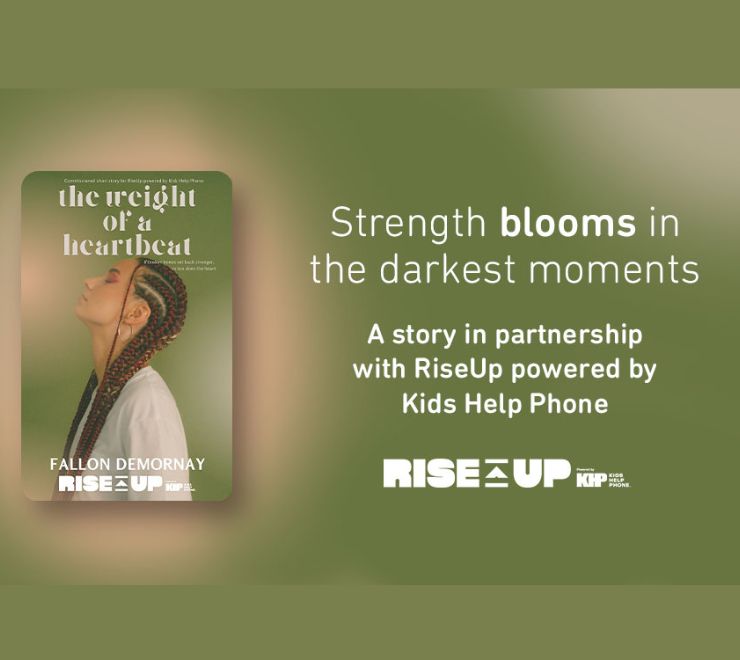Gambling is a game or activity that has an unpredictable outcome and requires players to make bets in the hope of winning something of value.
Most games include an element of chance (even when thereÍs skill involved, like poker) and the opportunity to win or lose (money, possessions or other items). Here are some things you should know before getting involved:
- While some people who gamble donÍt develop problems, others develop serious habits and find it difficult to control their gambling.
- People with gambling problems may spend excessive amounts of time gambling or spend money they canÍt afford to lose.
- A gambling problem can affect many parts of someoneÍs life including school, work, friendships, family relationships and hobbies.
- With the right information and help, people can overcome gambling problems.
Safer gambling tips
While risk is part of gambling, the key is to set limits around how much risk you are willing to take. Here are some safer gambling tips:
- keep in mind that gambling has addictive qualities
- approach gambling as entertainment, not as an easy way to make money or pay off debts
- only bet money you can afford to lose
- understand that the outcome of gambling is a matter of chance and that the odds are never in your favour
- set limits on your budget and time and stop when you approach or reach either limit
- never borrow money or use credit or debit cards to gamble
- donÍt gamble when you’re depressed, stressed out or upset – you’re more likely to make decisions you’ll regret
- never gamble because you feel pressured or because you want to impress someone
- accept that you’re not likely to win large prizes or a lot of money
- only gamble if you feel you can balance it with other hobbies and interests
Do I have a gambling problem?
While gambling can be a lot of fun, for some people, it can become a problem. If you think you could have an addiction, here are some indicators you should look for:
- you use gambling to escape from problems
- your gambling is interfering with other parts of your life like school or friends
- you regularly lose money you need for other things
- you feel like your gambling is out of control or that you canÍt stop
- you lie to others about your gambling
In addition, your answers to the following questions can help determine if you have any of the signs of a gambling problem:
- Do you spend most, or all, of your time thinking about gambling?
- Are you spending more time gambling than hanging out with friends?
- Have you ever gambled more than you planned to?
- Is your gambling causing problems with family or friends?
- Have you considered lying, stealing or cheating in order to gamble?
- Have you borrowed money from someone to gamble with and not paid it back?
- Have you thought about selling things you own or someone elseÍs stuff in order to get money to gamble?
- Have you become less interested in hobbies or activities you used to enjoy since you started gambling?
- Have your grades dropped since you started gambling?
- Have you ever felt that you would like to stop gambling, but didn’t think you could?
- Has anyone told you that you may have a gambling problem, regardless of whether you thought it was true or not?
If you answered “yes” to any of these questions, you may be losing control of your gambling. To get support with a gambling problem, you can call Kids Help Phone at 1-800-668-6868.
How do I get help with my gambling problem?
If you think that you have a gambling problem, there is help. As with many other problems, you have to be ready to get help before you can recover. Here are some things you can do:
1. Get informed
- Learn as much as you can about the risks involved with gambling.
- Pay attention to your feelings when you’re gambling. Some people gamble as a way to deal with their emotions.
- Keep track of how much you’re spending on gambling.
2. Make small changes
- Set some goals related to gambling that you think are attainable and easy to measure. Try setting a frequency or time limit on gambling.
- Figure out the situations that make you want to gamble and plan for how to deal with them ahead of time (take a different route to school, tell your gambling buddies you’re taking a break, etc.).
- Make a list of things to do every day instead of gambling so you keep busy and arenÍt as tempted to gamble. Write out this new schedule and keep it somewhere you can see it regularly to help you stick to the plan.
- Reward yourself when you reach your goals.
3. Take care of yourself
- Identify supportive people in your life who you can spend time with when you feel like gambling. Tell people in your support network that you’re making changes. You can always call a Kids Help Phone counsellor.
- Find different ways to manage stress and other difficult feelings. Some young people who have recovered from gambling problems find that exercising regularly helps them relax and feel less tempted to gamble.
- Many people who have gambling problems also have signs of depression. If you think you may be struggling with depression, consider talking with your doctor about it.
- Recovering from a gambling problem can be a slow and challenging process. It’s important that you see each small step forward as the big accomplishment that it is. Try not to put too much pressure on yourself if you take some steps back – this is a normal part of the recovery process.
4. Reach out
- Just talking to someone about your situation can help. Search for a gambling counselling service through Resources Around Me or call Kids Help Phone at 1-800-668-6868.
- Consider joining a support group for people who are dealing with a gambling problem. A lot of people find it helpful to connect with others who share the same goals and understand the challenges you face.
- If your gambling has led to debts, it may be a good idea to get some financial advice. Ask a safe adult, like an older relative, to help you find a way to budget or pay off what you owe.















